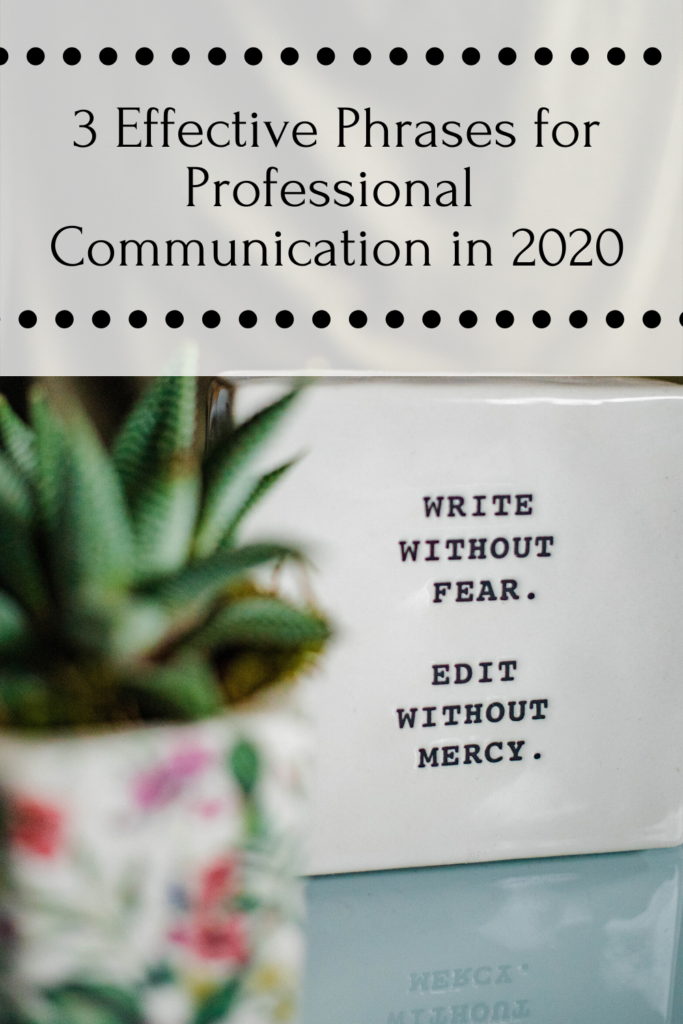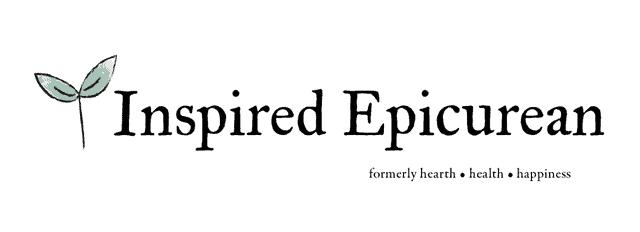A Few Phrases for Effective Professional Communication
If you're reading this, chances are you've been e-mailing your brains out lately, attending Zoom meetings, and dividing time between home and office. From the ebb of shaking hands, to the rise of elbow bumps, we are entering a new era in which effective communication is needed now, more than ever. If you've ever had a message misconstrued or an idea fall on deaf ears, you are probably sensitive to tips and tricks for getting your point across to your audience. These concepts are intended to help you decide where to focus your conversation and highlight your skills as opposed to just swapping one synonym for another. Essentially, taking professional communication to the next level.

Specific Phrases to Enhance those Shiny Professional Communication Skills
Phrase 1: Focus on "synthesizing" instead of "multi-tasking"
Well, the studies have finally backed up what we've known for years...multi-tasking is no longer considered a positive. I think EVERY job interview I attended years ago included some form of, "I have the ability to multi-task all day, every day." *Insert eye roll.* In my opinion, it's just as over-used as saying you're a perfectionist when interviewers inquire about weaknesses (which, friends, I've also done). It's better to say that sometimes you have difficulty finding the balance and put quite a bit of yourself into your job, than it is to say the word "perfectionist."
Whenever you can tell a superior, or a client, that you are synthesizing information, you a) sound super smart *yay* and b) that you have impactful analytical skills. Most people would prefer someone who can create fact-based recommendations and thoughtful calculations.
Phrase 2: Focus on "engagement" instead of "elevation"
I say this with a caveat: there is nothing wrong with the concept of "elevating." The reason this is on my "swap" list is the same reason that "amazing" would have been a no-no several years ago...it is overused. When it comes to the workplace, your project and your skills as a potential new hire or employee up for a promotion are valued when you can effectively showcase (and tout) engagement. Why?
- Engagement implies deeper-level work ethic. It means that you are capable of seeing the bigger picture when it comes to assignments and relationships with colleagues.
- You can showcase genuine intent to complete tasks with care and that you take pride in your work. It isn't just about "elevating" an experience, it is upon creating a foundation with which to build a better outcome.
- Those who "engage" with their work create more sustainable progress. Those who engage with their colleagues and teammates create richer relationships.
Phrase 3: Focus on stating "my concern is" instead of "I just don't like..."
Concern doesn't always have to be a bad thing. It shows engagement (like we discussed above) and it gives you a bit of perceived - if not, literal - power in the conversation because you are clearly confident enough to express a dissenting opinion. This does not mean you should run around expressing displeasure all the time, but more often than we would all care to admit, issues are going to arise at work that will run counter to your momentum or expertise. And, while you might not "win them all," it doesn't hurt to go on record with what gives you pause. A few additional pointers:
- This phrase is best used when the conversation will allow time to discuss options to mitigate those concerns. Mitigate is another great word to add to your vernacular.
- Try to prioritize concerns so that you offer a short list - or just one or two - so as not to overwhelm or lose your audience. Most people have an extraordinarily short attention span.
- Most importantly, balance your concern with something positive - an idea, an acknowledgement of a "pro" instead of a con...something that doen't put your boss or other colleague on the defensive. And, if you identify an issue, you look like the HERO when you propose a solution. Bottom line, you can keep your concerns positive unless the situation is really bad.
This shifts the focus from you just talking about a dissenting opinion and actively identifying (with intent to solve) the issue at hand.

Trust me, you are already a great communicator. It never hurts to keep a few tools on hand to enhance your greatness. What "go to" phrases do you have in your toolkit? Until next time, chers to your #hearthhealthhappiness!


Leave a Reply